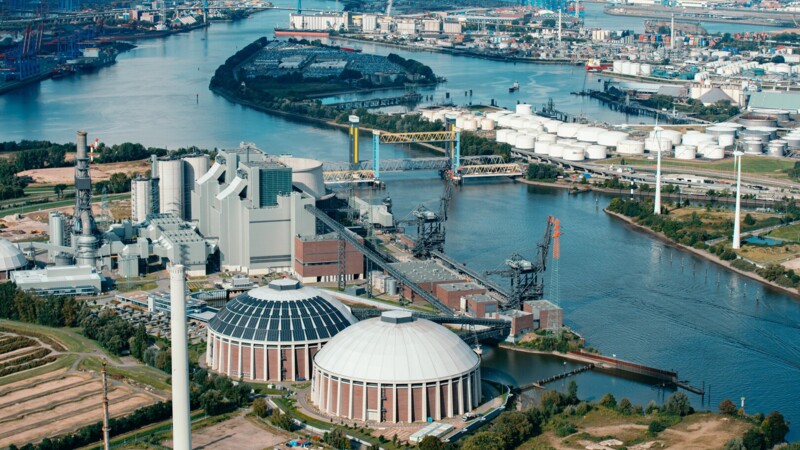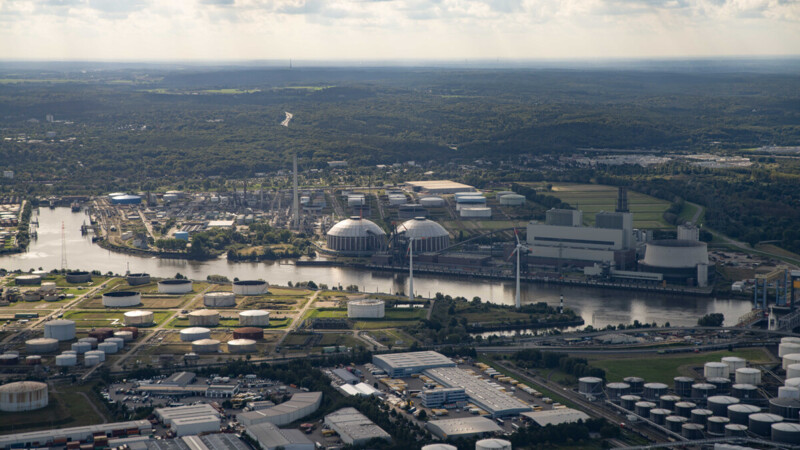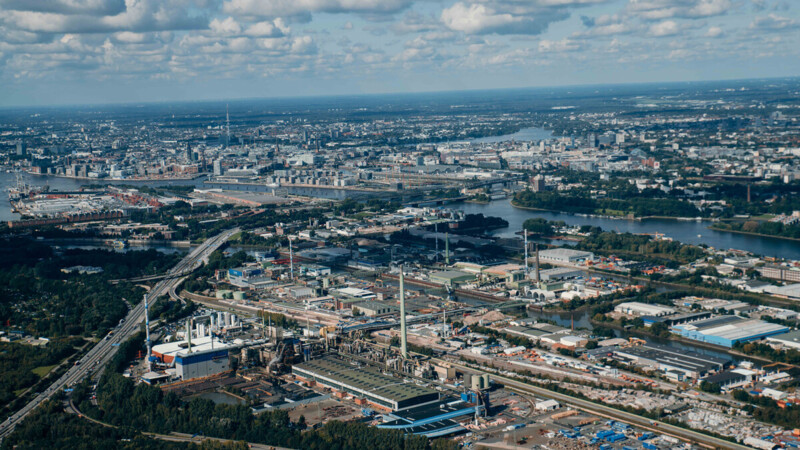The study has revealed a need to evaluate and prioritise hydrogen in different fields of application. Athough green hydrogen is considered an energy carrier of the future, resources remain limited. Prof. Dr. Jens-Eric von Düsterlho, Head of the NRL working group, remarked: "For an energy-efficient market ramp-up, it is not a matter of finding as many theoretical application cases for green hydrogen as possible, but identifying where there is no alternative to green hydrogen and where new business models or value chains are needed urgently. Our series of studies should shed light on that."
Researchers at the Hamburg University of Applied Sciences (HAW) have presented initial findings on various options for heat generation in the building sector. Their study was the first in the series "Potentials, limits and priorities. Green hydrogen for the energy transition" by the North German Network for Energy Transition (NRL). Three more studies on hydrogen in transport and industry, hydrogen production and hydrogen applications in the consumer sector are to be published by the summer.
Assessing and prioritising fields of application
Hydrogen versus heat pump
Around 13 per cent of CO2 emissions in Germany are caused by burning fuels to heat commercial enterprises and private households. The first study has focused on green hydrogen in the building sector. "Hydrogen for decentralised heat supply should not be prioritised because it requires far more green energy for electrolysis compared to heat pumps," said Felix Doucet, author of the NRL study and research associate at the Competence Center for Renewable Energies and Energy Efficiency (CC4E). Compared to heat pumps, the energy needed for burning green hydrogen in boilers is five to six times higher. If all buildings were equipped with heat pumps and there were no grid restrictions, large parts of the existing gas grid infrastructure in residential areas could become superfluous. Expanding the gas grids to transport hydrogen to residential areas would not be more economic than strengthening the electricity grid.
Waste heat from hydrogen production for central heat supply
Waste heat from electrolysers and fuel cells from hydrogen production could be fed into grids in other sectors. However, that would require heat and hydrogen grids. Hamburg's district heating network is being expanded to make industrial waste heat available for the central heat supply. Heat grids could use different heat generators and operate a heat pump when there is a large supply of renewable energies and electricity prices are favourable, or generate electricity and heat from one fuel, e.g., green hydrogen or the resulting methane with combined heat and power when electricity prices are high.
nj/mm/sb/pb
Sources and further information
More
Similar articles

Hamburger Energiewerke purchases cogeneration plant in Moorburg

Senate approves EUR 223 million for key IPCEI hydrogen projects

